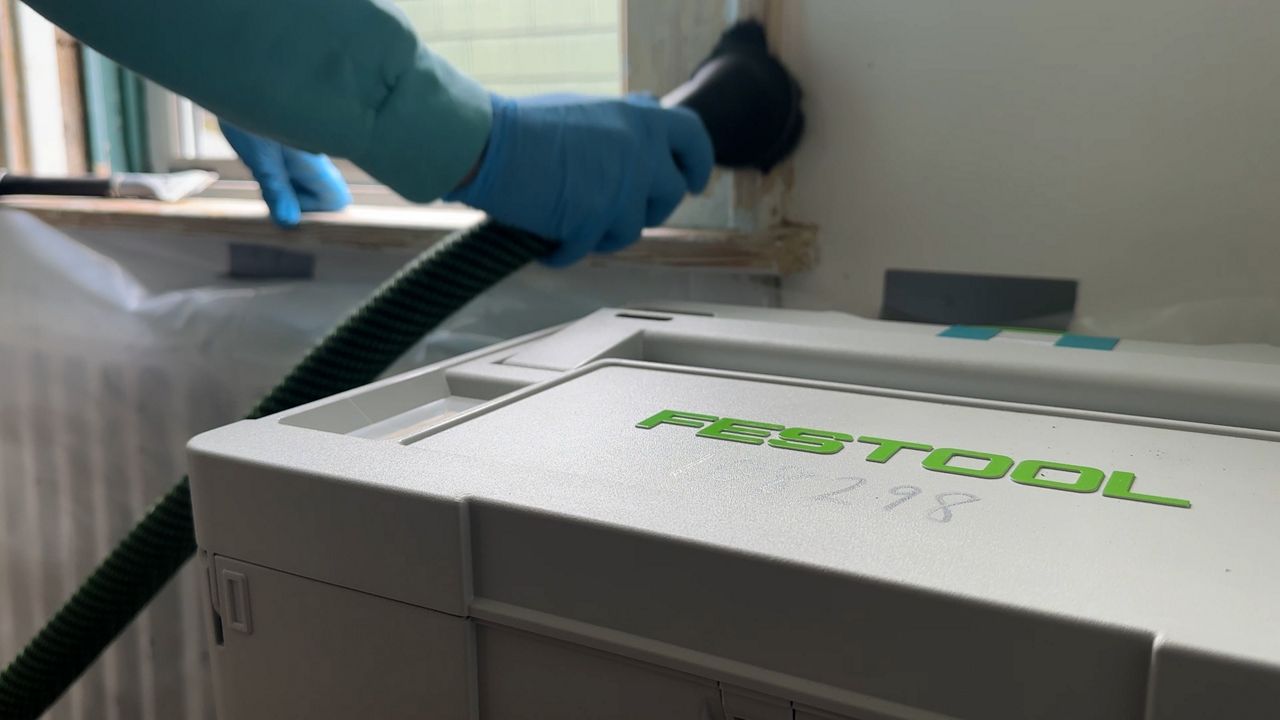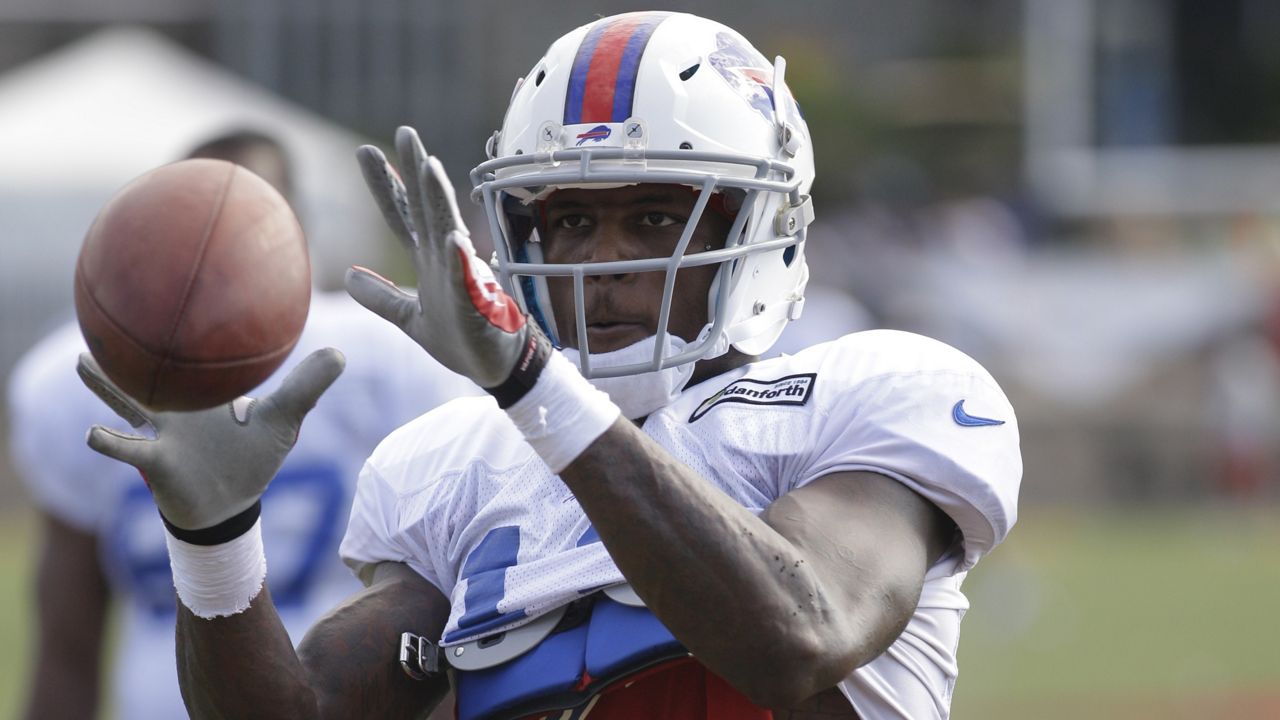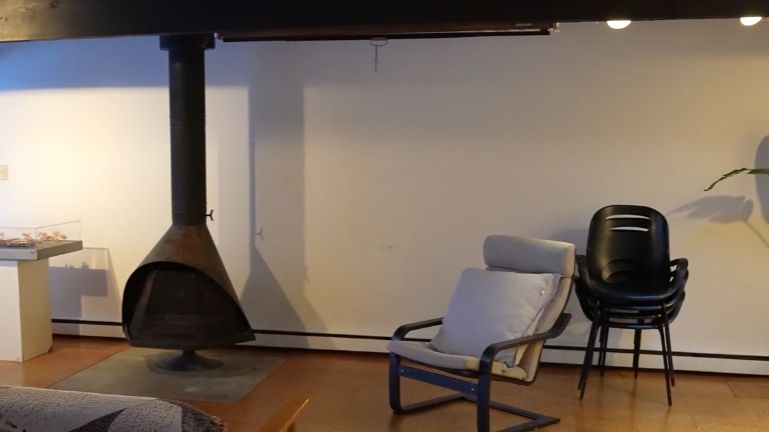BUFFALO, N.Y. — More than 100,000 people in the U.S. have sickle cell disease.
For them, blood donations are vital to keep them going.
“It’s like a silent disease," said Antonio Parker, whose sister had sickle cell. "You don't physically see it, but internally it takes a toll on people.”
The disease mostly impacts the Black community.
Parker has the sickle cell trait. While he hasn’t experienced symptoms of the disease, he’s seen its impacts firsthand.
“My sister Jasmine Parker had type SX, which is the worst type of sickle cell," he explained.
The disease stops red blood cells from delivering nutrients and oxygen to the body properly.
For Jasmine, it required multiple hospital visits for chronic pain, shortness of breath, brittle bones and more. Each time, transfusions were needed.
But, it’s also the Black community that can help the most.
“When we're doing blood typing, looking for a specialty blood, it's a lot harder to find usually than one in three,” said Wendy Evenden, who works in donor recruitment for the American Red Cross, Buffalo District.
Those are the odds when it comes to finding a match among Black-identifying donors.
“We will test to see if they are sickle cell fighter," Evenden said. "And we will also test to see if they had the sickle cell trait.”
While Parker isn’t a match, he still donates and encourage others to do the same.
“One of my friends got tested and she actually was a perfect match," he said. "So she says she's going to donate more often, knowing that now.”
It's that awareness that brought people out to a blood drive Wednesday at the Delavan Grider Community Center.
“I'm the godmother of a sickle cell warrior who actually was cured in 2020," said Synta Adams, a blood donor. "He went to a bone marrow transplant.”
With June 19 being Juneteenth and World Sickle Cell Day, some are considering making this a tradition.
“I figure this is a new holiday to most, so what can I do besides sit at home," said Adams. "Why not give back to the community in this way?”
It's something Parker is happy to see.
“It really takes a community," he said. "It takes a village."
His sister Jasmine passed away two years ago, at 28, after complications from a bone marrow transplant.
“She really wanted to be an advocate for a sickle cell," he recalled. "So when she passed, I've been trying to do things to honor her.”
He hopes to see more understanding, support, and research on this disease, but at the very least, to see people take some time out of their day to donate.
“It was easy," he said. "All of like 25 minutes, so in and out.”
Tests for sickle cell traits and matches happen at all American Red Cross blood drives for those who self-identify as African American.
Even if you aren’t a match, all blood donations can help amid shortages during high travel months.










